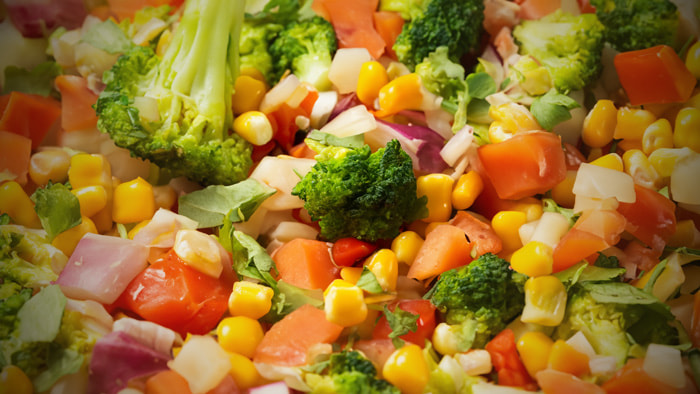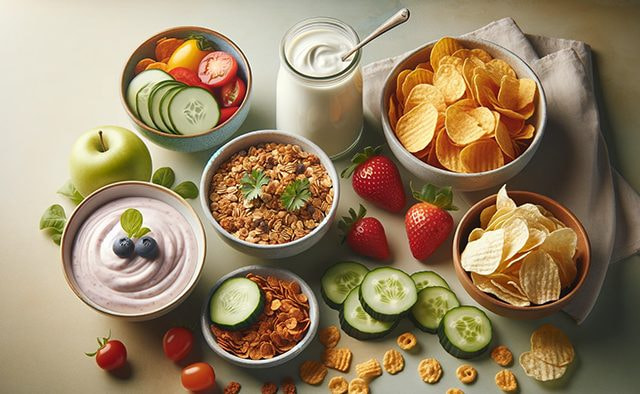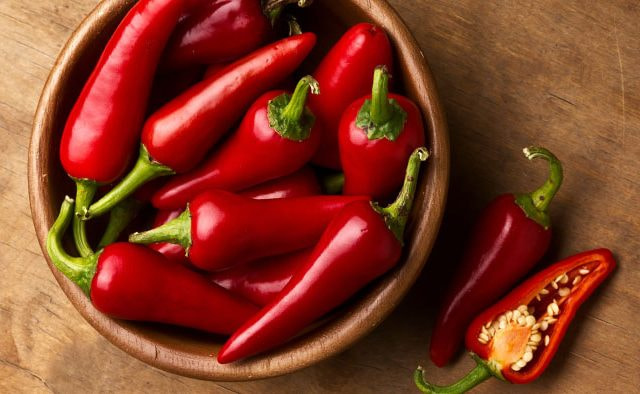When it comes to organic food, the grass is greener, and the tomatoes are juicier! Or are they? In today’s health-conscious society, organic food has become the poster child for healthy living, promising many benefits for our bodies and the environment. But as we navigate through the aisles of vibrantly labeled organic produce, one can’t help but wonder, is it all it’s cracked up to be?
With a market that’s been growing exponentially, organic food has become a topic of much debate and speculation. In this article, we’re diving deep into the heart of the organic world, debunking myths, and uncovering truths with a sprinkle of humor and a whole lot of facts. So, buckle up as we embark on a journey to explore the real deal behind organic food and whether it’s worth the extra buck!
1. Organic Foods Are Pesticide-Free
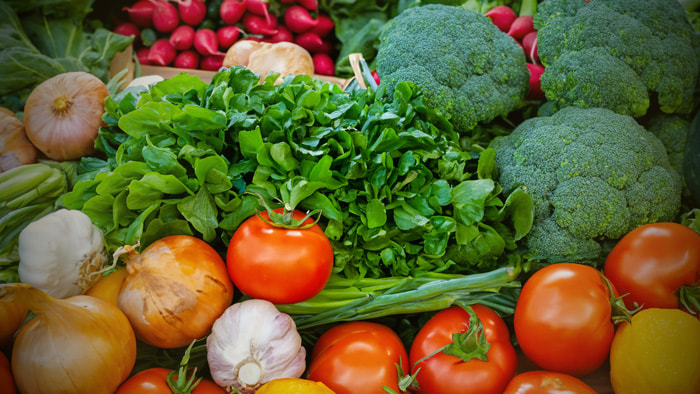
Many of us have been led to believe that organic food is a synonym for pesticide-free living. However, this couldn’t be further from the truth. Organic farming does indeed use pesticides, but they are derived from natural sources, not synthetic ones. This doesn’t automatically make them safer or less harmful, as some natural pesticides can be as toxic as their synthetic counterparts. The key difference lies in their environmental impact, with natural pesticides generally considered more eco-friendly.
That being said, the amount of pesticides used in organic farming is significantly less compared to conventional farming. This is because organic farming emphasizes the use of alternative methods for pest control, such as beneficial insects and crop rotation. While this reduces pesticide residues on the final product, it doesn’t guarantee a pesticide-free experience. Consumers should be aware of this distinction, understanding that ‘organic’ doesn’t equate to ‘pesticide-free’, but rather, it refers to a different approach to agriculture.
2. Organic Foods Are More Nutritious
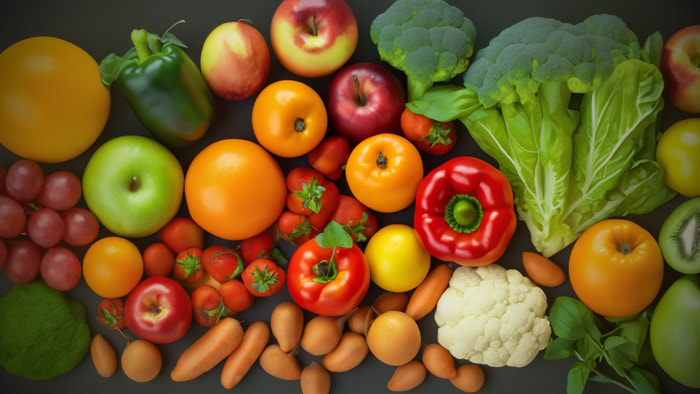
The belief that organic food is inherently more nutritious than its conventional counterpart has been a major selling point for the organic industry. However, the science behind this claim is not as clear-cut as one might think. Numerous studies have been conducted to compare the nutritional content of organic and conventional foods, and the results have been mixed. Some research suggests that organic produce may have higher levels of certain nutrients, such as antioxidants, while others find no significant difference.
It’s important to note that the nutritional content of food depends on various factors, including soil quality, climate, and farming practices. That makes it difficult to attribute differences solely to organic or conventional methods. What’s more, the variation in nutrients is often so small that it’s unlikely to have a significant impact on overall health. So, while choosing organic might be a preference for some, expecting a nutritional supercharge from your organic apple might just be wishful thinking.
3. Organic Farming Is Always Better For The Environment
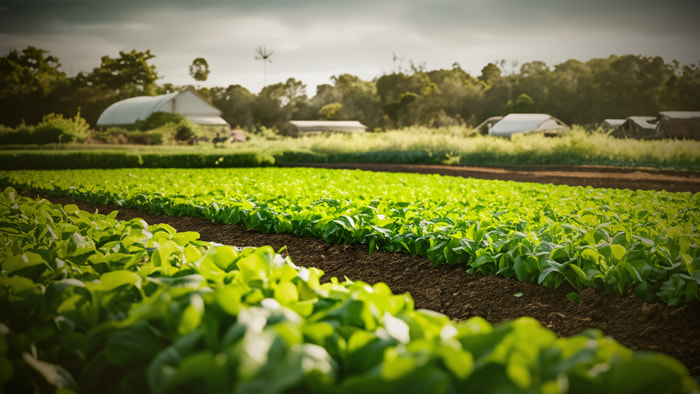
Organic farming has long been hailed as the eco-friendly alternative to conventional agriculture, but is it always the greener choice? Proponents of organic farming point to its use of natural pesticides and fertilizers and practices like crop rotation and polyculture, which can enhance soil fertility and biodiversity. However, it’s not a black-and-white issue. Organic farming typically yields less produce per acre than conventional farming, meaning more land is required to produce the same amount of food.
This can lead to deforestation and habitat destruction, offsetting some of the environmental benefits of organic practices. Additionally, the transportation of organic products often results in a larger carbon footprint, as these goods are frequently shipped long distances to meet consumer demand. While organic farming has its merits, it’s crucial to consider the full picture and recognize that it’s not a remedy for the planet’s environmental woes. Sustainable agriculture is a complex issue, and the best practices for the environment may vary depending on the context.
4. Organic Foods Are Safer and Healthier
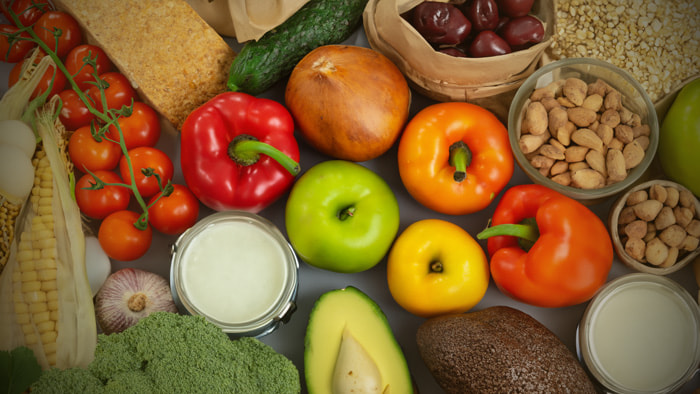
The allure of organic food often comes with the promise of a healthier, safer eating experience. Many consumers flock to organic products, believing they are protecting themselves and their families from harmful pesticides and genetically modified organisms (GMOs). While it’s true that organic farming restricts the use of certain synthetic pesticides and GMOs, this doesn’t automatically translate to a safer or healthier product. The natural pesticides used in organic farming can still pose risks, and the lack of GMOs doesn’t make a product inherently safer.
Furthermore, organic foods are not immune to foodborne illnesses. Bacteria such as E. coli and Salmonella can be present in organic products, just as in conventional products. The key to food safety lies in proper handling, preparation, and cooking, regardless of whether the food is organic or conventional. So, while choosing organic might align with certain values or preferences, it’s important to maintain a balanced perspective and not view organic products as a silver bullet for health and safety.
5. Organic Farming Doesn’t Involve Any Synthetic Chemicals
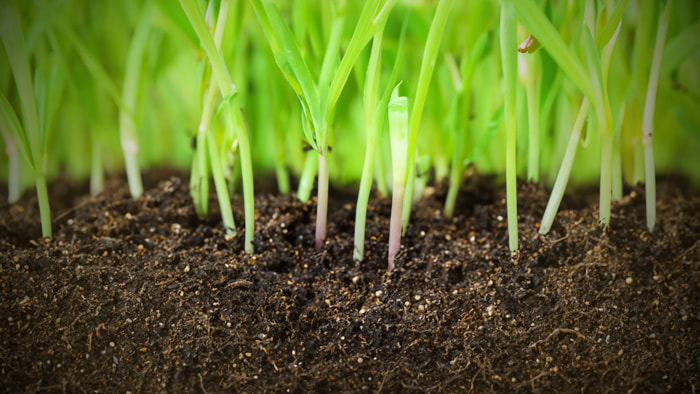
One of the most pervasive myths about organic farming is the belief that it is a utopia free from all synthetic chemicals. While organic standards restrict the use of synthetic pesticides and fertilizers, they do not outright ban them. Certain synthetic substances are allowed in organic farming under specific conditions. There are also natural substances that are prohibited due to their potential harm to human health or the environment. The rigorous organic certification process aims to ensure that any synthetic chemicals used are necessary and pose minimal risk.
However, it’s crucial to understand that the presence of synthetic chemicals in organic farming is the exception, not the rule. Organic agriculture focuses on sustainable, natural cultivation methods that promote soil health and biodiversity. By minimizing the reliance on synthetic chemicals, organic farming aims to create a more harmonious relationship with nature, but it is not completely free from synthetic interventions. Consumers should be aware of this nuance and not equate organic with chemical-free.
6. Organic Foods Taste Better
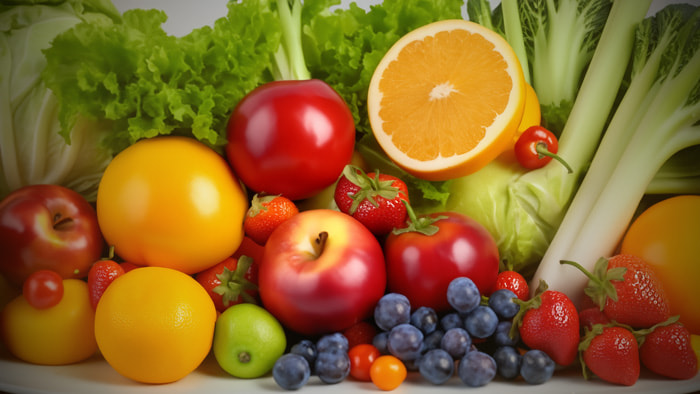
The taste of food is subjective, and the debate over whether organic food tastes better than conventional food is a contentious one. Some people swear by the superior flavor of organic produce, attributing it to the more natural farming practices and the absence of synthetic chemicals. However, scientific studies have yielded mixed results, with some research suggesting that there is no consistent difference in taste between organic and conventional foods. Taste is influenced by various factors, including freshness, variety, and ripeness, making it difficult to attribute differences in flavor solely to organic farming practices.
It’s also worth noting that expectations and beliefs can influence the belief in organic food’s superior taste. If people believe that organic food should taste better, they might perceive a difference in taste even if there isn’t one. This psychological phenomenon, known as the “halo effect”, can significantly shape our food experiences. So, while some may find a distinct pleasure in savoring organic produce, attributing it solely to its organic status might just be a matter of perception.
The topic of organic food is layered with complexities and nuances. From pesticide use and nutritional content to environmental impact, safety, and taste, organic food is not the black-and-white issue it’s often made out to be. We’ve debunked common myths, encouraging a more informed and balanced perspective. Whether you’re an organic food enthusiast or a skeptic, the choice is ultimately yours. However, let it be a choice made with awareness and understanding. If this topic has left you wanting more food-related trivia, you may also enjoy our exploration of 6 of the hottest chilis known to mankind.

